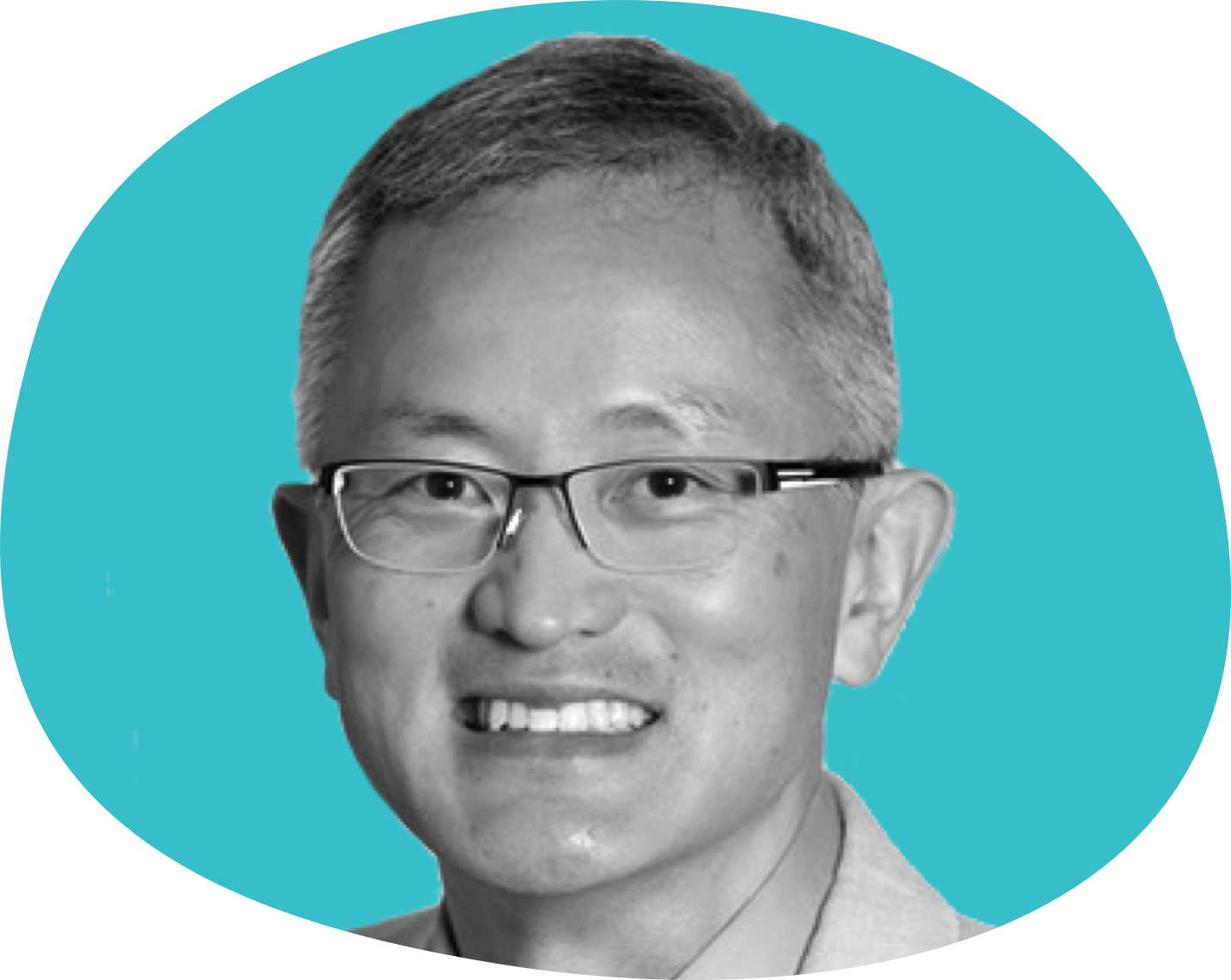Hideho Okada, MD, PhD

University of California San Francisco
Year Funded:
2023
Focus:
Brain Cancer
/ Pediatric Brain Cancer
Related Researcher Story:
Closing the gap between research and the clinic
Pediatric brain cancer phase 1 clinical trial using TCR therapy.
Children with diffuse midline gliomas (DMGs) – a type of brain cancer – continue to have a dismal prognosis, and most children die within one year of diagnosis. Recent studies have shown that the majority of these tumors carry a specific mutation referred to as H3.3K27M. Researchers have shown that this specific mutation is present in almost all DMG tumor cells but not in normal cells within the body, making this an attractive target for immunotherapy approaches that activate an immune response against the cancer cells. Immunotherapy has shown phenomenal improvements in the outcome of adults and children with specific types of cancers, such as melanoma and leukemia. However, we are just starting to implement such novel and promising approaches for DMGs in the clinic.
With this proposal, we will test the benefit of a specific immunotherapy approach referred to as adoptive T-cell transfer, which gives the patient a large number of killer T cells. More specifically, we will test an approach known as engineered T-cell receptor (TCR) therapy, in which killer T cells are engineered to be specific to a piece of protein on the surface of tumor cells.
We have been able to show in the laboratory that we can make T cells specifically recognizing DMG cells with the H3.3K27M – and that these specific T cells can kill tumor cells. Based on these exciting data, we propose to test this new therapy approach in the clinic. Participants who are newly diagnosed with an H3.3K27M DMG are eligible for this clinical trial. They will undergo collection of their own T cells, and these T cells will subsequently be engineered in the laboratory to recognize the specific H3.3K27M mutation. These modified T cells will then be given back to the participants once they have completed standard-of-care radiation therapy and a conditioning short chemotherapy course. We hypothesize that these modified T cells will now be able to kill the cancer cells carrying the specific H3.3K27M mutation.
Within this project, we will assess if such a therapy approach is feasible and safe. Precisely, we will test how many of these specifically modified T cells are able to be given back to participants without causing too many side effects. Further, we will perform specific tests from blood samples from trial participants to assess how long these modified T cells survive. To better understand responses, we will use advanced molecular technologies to assess the blood of participants. This information will help us to improve our ability to assign patients to the right therapies and make even more effective tumor-targeting T cells in the future.
This project has the potential to significantly impact the treatment approach for a disease for which we have not achieved any improvement for the last several decades and is the first of its kind for this devastating disease.
Related Researcher Story:
Closing the gap between research and the clinic
“I was so fascinated. This was a way to bridge the gap I was feeling – by implementing molecular biology in the clinic.”
This ACGT funded phase I, first-in-human trial tests the safety, side effects, and best dose of genetically modified cells called KIND T cells in treating patients who are HLA-A*0201-positive and have H3.3K27M-mutated diffuse midline glioma.



